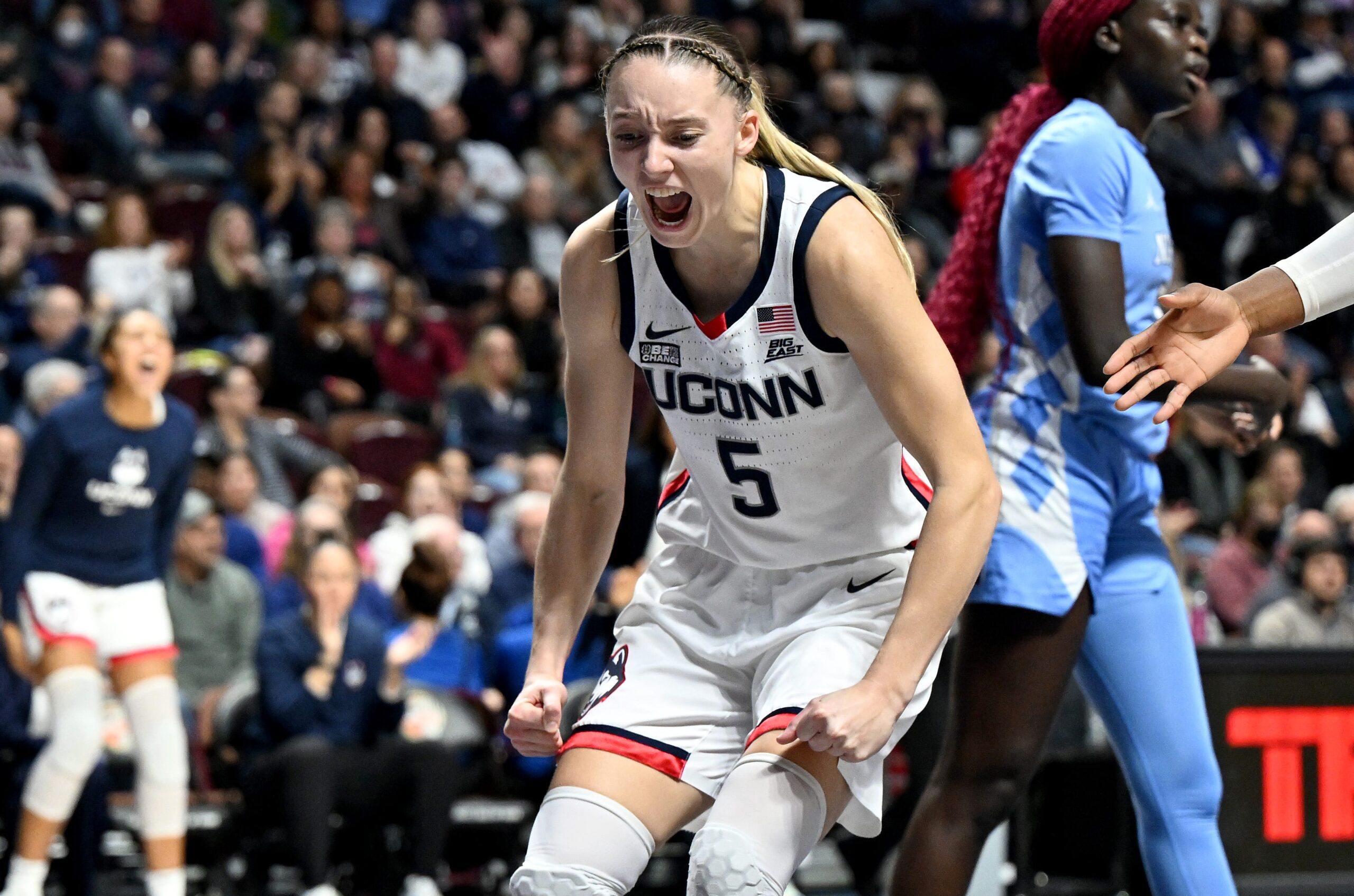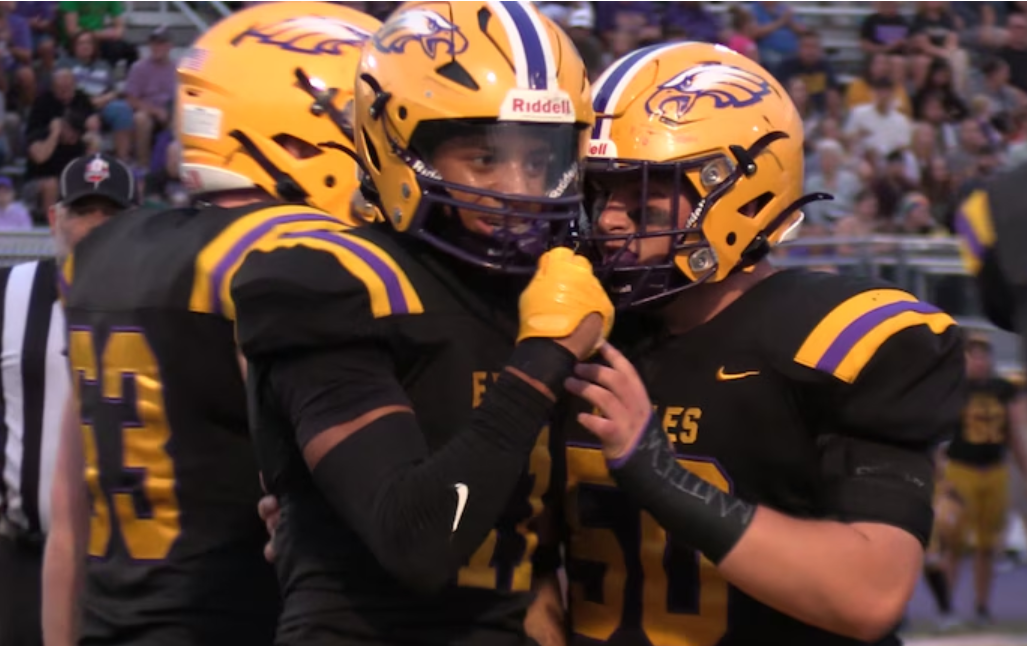Eli Dershwitz’s Journey Highlights Financial Struggles of American Olympians
Eli Dershwitz, an American fencer, celebrated his victory in the men’s individual saber final at last year’s fencing world championships in Italy, proudly waving the American flag. Yet, beneath the jubilation lies a deeper narrative about the financial challenges faced by U.S. Olympians, one that Dershwitz and many of his peers navigate daily.
Despite the United States Olympic & Paralympic Committee (USOPC) distributing tens of millions in funding annually, including bonuses for Olympic medals through its “Operation Gold” program, only half of American athletes surveyed by Congress reported receiving financial aid. This disparity was highlighted in Congress’s 277-page “Passing the Torch” report, which detailed stories of athletes living in their cars and relying on food stamps.
The USOPC provides additional support such as tuition assistance, health insurance, and a program facilitating NIL deals, averaging $3,000 annually for over 800 athletes. However, the report noted a significant imbalance between the millions allocated for executive salaries at the USOPC and governing bodies and the minimal financial support for high-performance athletes striving for Olympic and Paralympic success.
Dershwitz, like many athletes, balances his training with full- or part-time work and often turns to crowdfunding or depends on family and friends for support. This financial strain forces many athletes, particularly in their mid- to late-20s, to contemplate whether to continue competing or to move on with their lives.
Jess Bartley, the USOPC’s senior director of psychological services, acknowledges this tough decision, stating, “It’s really hard when they know they’re not going to make a ton of money.”
For Dershwitz, this financial and athletic crossroads became particularly poignant at the Tokyo Olympics in 2021. After the COVID-19 pandemic delayed the Games by a year, he faced a disappointing upset in the round of 16, following an early exit at the 2016 Rio de Janeiro Olympics. These setbacks left Dershwitz contemplating his future in the sport.
As Dershwitz and his fellow Olympians grapple with these challenges, their stories shed light on the broader issues within the funding structures of American Olympic sports, urging a reconsideration of how to better support those who represent the nation on the world stage.



